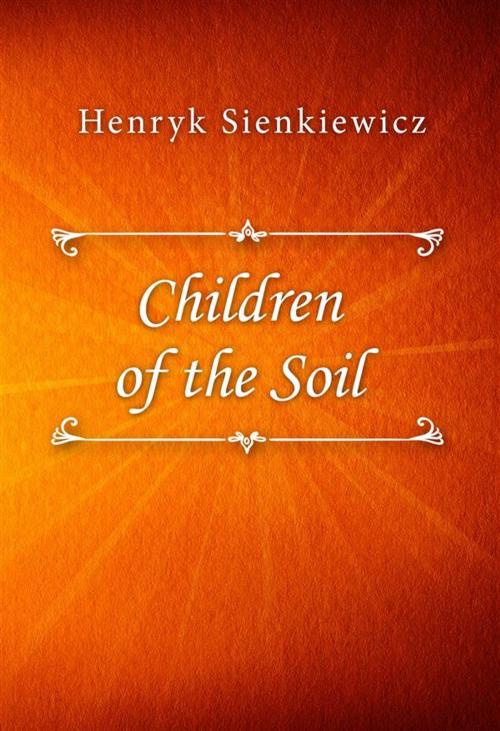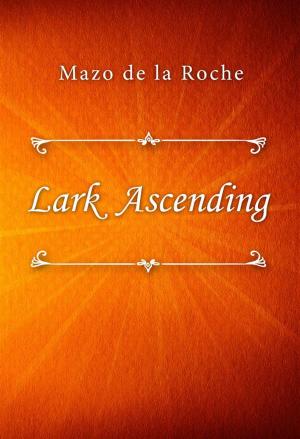| Author: | Henryk Sienkiewicz | ISBN: | 9788832500455 |
| Publisher: | Classica Libris | Publication: | January 22, 2019 |
| Imprint: | Language: | English |
| Author: | Henryk Sienkiewicz |
| ISBN: | 9788832500455 |
| Publisher: | Classica Libris |
| Publication: | January 22, 2019 |
| Imprint: | |
| Language: | English |
Children of the Soil is a novel of modern Polish life (written in 1894). The plot centers itself in the career of Pan Stanislas Polanyetski, a man of wealth and education, who at the age of thirty “wanted to marry and was convinced that he ought to marry.” The story opens with his business visit to the estate of Kremen—on which he has a claim—the home of a relative. Pan Plaritski, and his daughter Maryina. He falls in love with Maryina; but the refusal of her father to pay his debt to Polanyetski causes misunderstanding between the latter and the young girl, and they are alienated for the time being. Their reconciliation and marriage are brought about by a little invalid girl, Litka, who loves them both, and who wishes to see them happy. After his marriage, Polanyetski conceives an unworthy attachment for the wife of his friend Mashko, but finally overcomes temptation. The book closes upon his happiness with his wife and child. There are interesting side issues to the story, involving questions of property, of the social order, of marriage. The work as a whole, although realistic, is sane in spirit, genial and broad in its conception of life and character. Maryina is one of the most finished of Sienkiewicz’s types of noble women.
Children of the Soil is a novel of modern Polish life (written in 1894). The plot centers itself in the career of Pan Stanislas Polanyetski, a man of wealth and education, who at the age of thirty “wanted to marry and was convinced that he ought to marry.” The story opens with his business visit to the estate of Kremen—on which he has a claim—the home of a relative. Pan Plaritski, and his daughter Maryina. He falls in love with Maryina; but the refusal of her father to pay his debt to Polanyetski causes misunderstanding between the latter and the young girl, and they are alienated for the time being. Their reconciliation and marriage are brought about by a little invalid girl, Litka, who loves them both, and who wishes to see them happy. After his marriage, Polanyetski conceives an unworthy attachment for the wife of his friend Mashko, but finally overcomes temptation. The book closes upon his happiness with his wife and child. There are interesting side issues to the story, involving questions of property, of the social order, of marriage. The work as a whole, although realistic, is sane in spirit, genial and broad in its conception of life and character. Maryina is one of the most finished of Sienkiewicz’s types of noble women.















